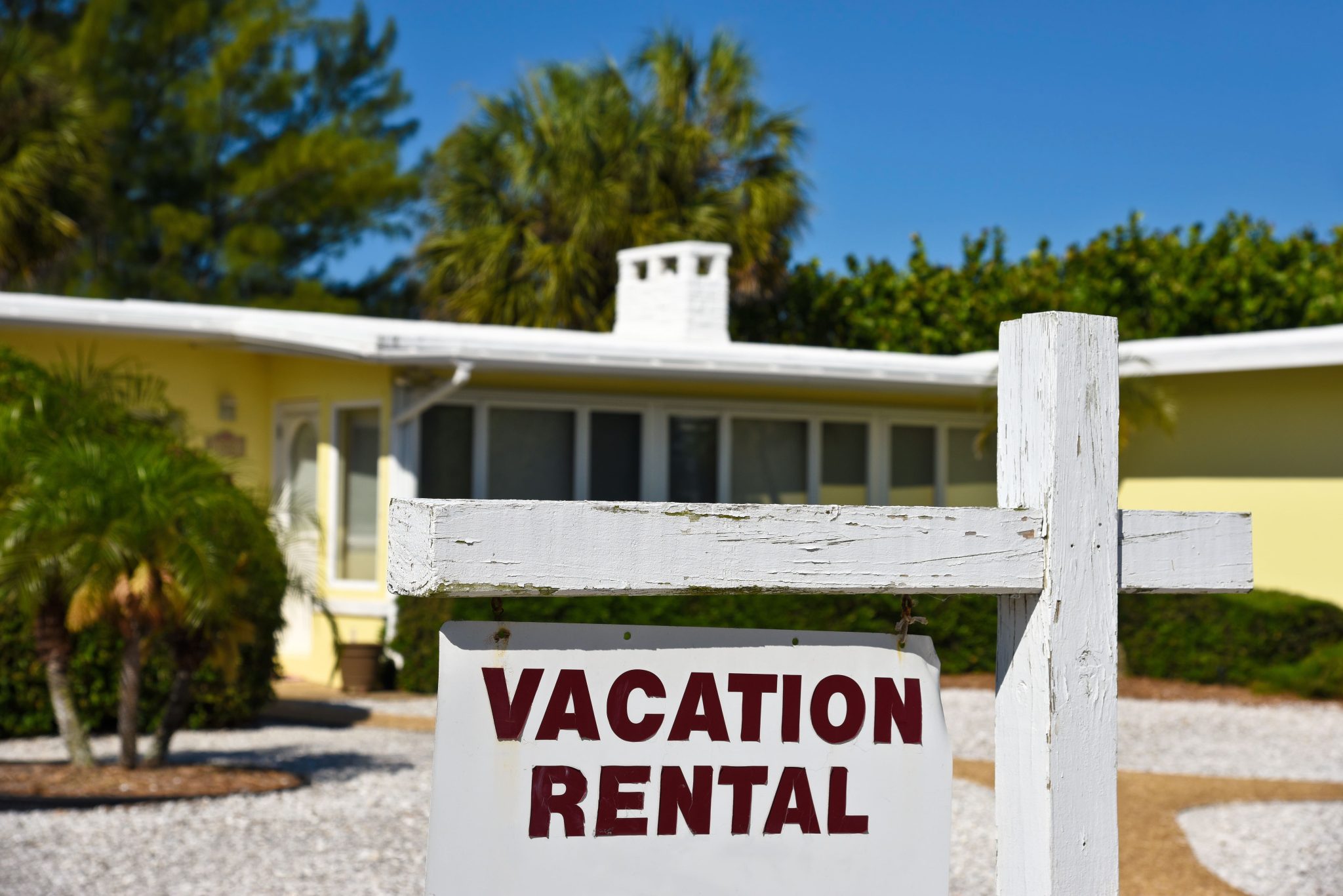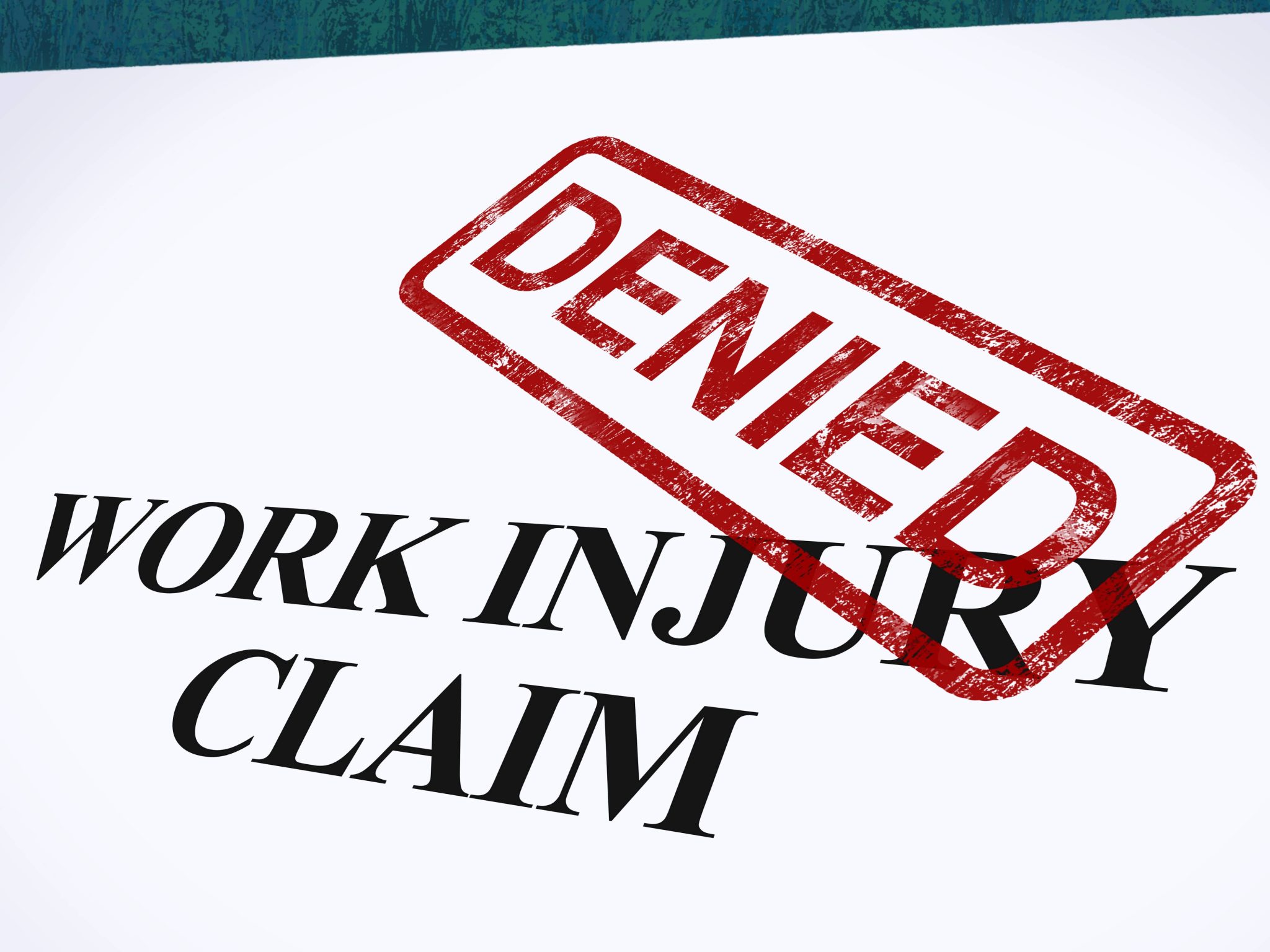- WE’RE HERE TO HELP 24/7
- 800.586.5555
Why Was My Workers’ Comp Claim Denied?

Who Is Liable for Injuries at Short-Term Rentals?
April 9, 2022
Preparing for a Safe Florida Summer
April 16, 2022Why Was My Workers’ Comp Claim Denied?

On average, over 10 percent of workers’ compensation claims in Florida are denied. Occasionally, claims are incorrectly denied and can be successfully disputed. No matter the reason an insurer provides for denial, you can appeal the decision.
Common claim rejection reasons include:
- Missed deadline: The applicant missed the filing deadline
- Incomplete details: The application was missing information
- Incorrect information: There may be discrepancies between the documented injuries and the accident report
- No medical treatment: The applicant did not receive medical care for the claimed injuries
- Wrong doctor: The medical professional was not on the list of certified providers
- Severity: The injury was not severe enough to require benefits
- Dispute: The employer has denied or disputed the claim
- Location: The injury did not take place at work
- Pre-existing injury: The alleged workplace injury was actually a preexisting injury or medical condition before the incident
- Fault: The injury was the fault of the applicant
- Evidence: There may have been a lack of evidence proving the fault of the workplace
What Happens if My Workers’ Comp Claim is Denied?
Even if your claim is denied, that doesn’t mean it’s the end of the process. You will receive a notification that justifies the claim denial. This letter should also provide information on how to file an appeal.
There might be the option to correct the mistake and resubmit your claim. You may be able to meet with your employer or their insurance company to settle the dispute.
If reaching out doesn’t fix the problem, your next step is to file an appeal. Most cases allow for two years from the date of injury to file an appeal. However, this doesn’t apply if you attempt to appeal one specific benefit that was denied. In that event, you are only allotted one year from the treatment date or the last benefit payment. A skilled workers’ compensation attorney can guide you through the process.
How Does an Appeal Work for a Denied Workers’ Comp Claim?
Once you have established that the denial isn’t because of a fixable error, and you have initiated an appeal with or without the help of a workers’ comp lawyer, your next step is to file a Petition for Benefits. This document must be submitted to the Office of the Judges of Compensation Claims. You will need to provide all details related to the accident. This includes the type of injury you sustained, any wages you have lost because of your injuries and what type of benefits you are seeking.
As soon as that office obtains your petition, they will inform your employer and insurance provider. The employer and insurance carrier have 14 days to respond or pay the claim.
Typically, the Office of the Judges of Compensation Claims will designate a third-party mediator to aid with the resolution of your dispute at a mediation hearing. It may be helpful to have a workers’ compensation attorney in this situation, as they should be familiar with the process and can negotiate on your behalf.
Appeals are usually decided during the mediation hearing. If mediation is unsuccessful, the worker’s comp judge will set a pretrial hearing that will take place with Florida’s Office of the Judges of Compensation Claims. This hearing will allow both parties to express their positions on the case and allow an opportunity for evidence to be presented.
Final hearings take place within 90 days. Once the hearing is complete, the judge will release a written decision no later than 30 days after the final hearing. In the event that you don’t agree with the decision, you have 30 days to appeal to Florida’s First District Court of Appeals.
This part of the process tends to get complicated. The Court of Appeals can either overturn the decision, confirm the decision or request additional findings or evidence.
Injured workers and their families are often dependent on wage compensation and reimbursement for work-related medical expenses.
Failure to get compensation could result in severe financial hardship. Workers’ comp lawyers have dedicated their careers to preventing that financial suffering. If you’re trying to deal with a workers’ comp claim denial, you may want to schedule a free consultation with a lawyer who understands the process.
